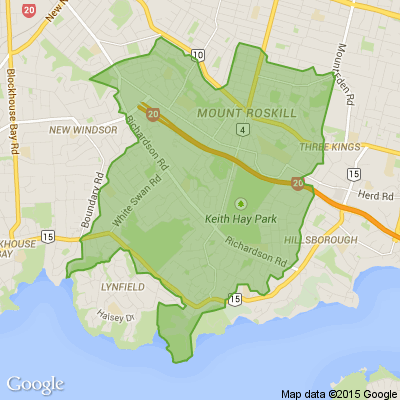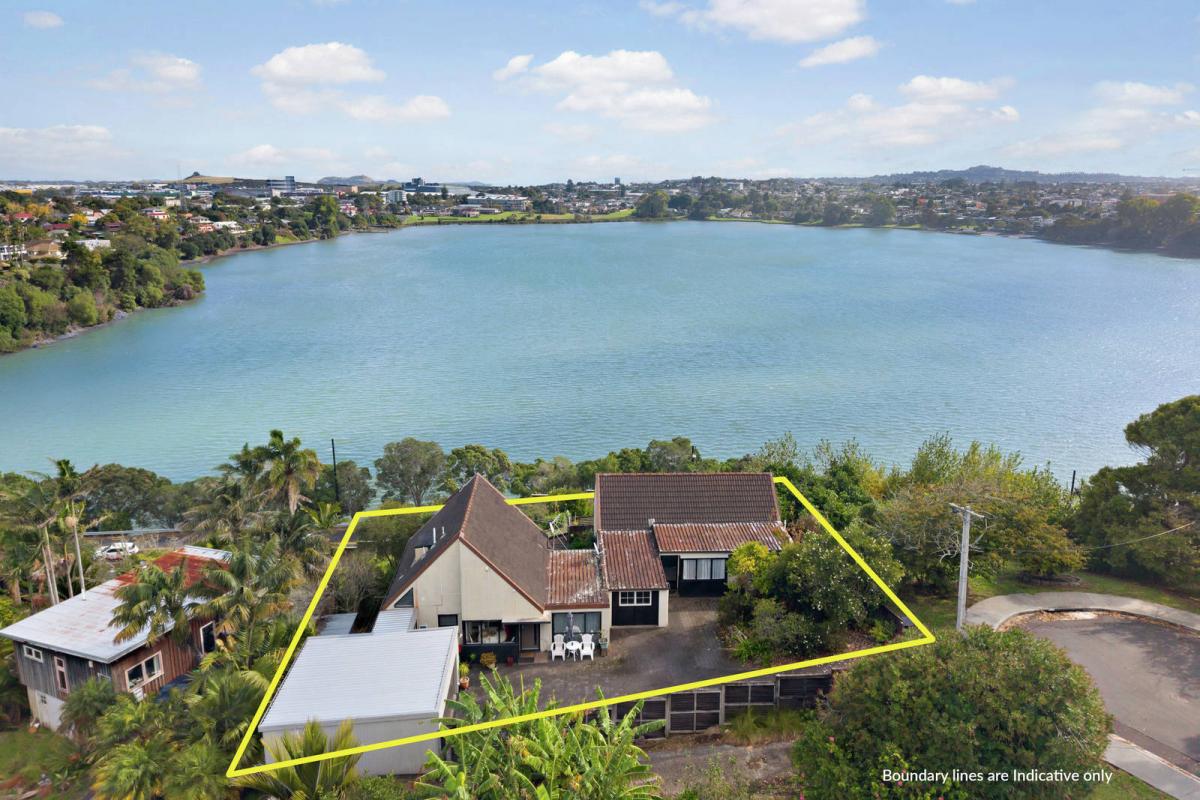13 ways to avoid the WINTER power bill shock
Here are some changes you can make around your home over the next few weeks to make a real difference to what you’ll pay for power this winter.
=================================================================
If you’re thinking of installing insulation, prioritise the ceiling – it’s where you lose the most heat and is usually the easiest to do.
When we tested curtains, it was floor-length, heavy lined curtains that did the best job of keeping the heat in. Even when heavy lined curtains only went to the length of the windowsill, they still did a better job than floor-length thermal curtains. Thermal curtains have a plastic coating bonded to the fabric, while heavy lined have an extra layer of fabric.
In our test of window blinds, honeycomb blinds did the best job of keeping the heat in. Roman blinds were next best, followed by roller blinds then, lastly, Venetians.
Try putting rolled-up towels above your curtain rail. This hack won’t do much for the aesthetics of your home but we found it increased the performance of curtains by creating a seal at the top.
If you know you’re going to be hanging your washing inside, spin the load on the fastest speed. Every extra drop squeezed out at spinning means less evaporating into your living space.
If part of your house doesn’t get a lot of airflow and tends to be damp, consider a dehumidifier. It does a good job of drying out small spaces and acts as a heater too. You can see which models we rate on our website. Or if you already have one, make sure its filter is cleaned out and ready to be used again.
Make sure the pots you cook with have close-fitting lids so steam doesn’t escape.
A shower dome over the top of a shower will turn steam into condensation and send it down the drain.
Compare power companies at powerswitch.org.nz. We run this comparison website to help you find the best deal on power. On average, Powerswitch users save $385 a year. You fill out a quick questionnaire about your house, compare prices and then activate the move to a new company.
Consider changing the way you use power around your house. Some power plans give you cheaper off-peak power or free periods of power. So you could save by moving your major power use to these times.
If you’ve been using an LPG gas heater, make this the autumn you ditch it. They’re expensive to run and also fill the air with moisture. Heat pumps are the cheapest heater to run.
Give your heat pump filters a vacuum to make them work more efficiently. They slide out easily and once you’ve done it, you’ll notice the difference straight away.
If you’re going to buy an electric heater, look for one with a thermostat to maintain an even temperature so it’s more cost efficient.
======================================================
Consumer NZ
======================================================

Poll: Are domestic flights with Air NZ out of your budget?
A Tauranga man has filed a complaint with the Commerce Commission, claiming that due to dynamic pricing, it’s cheaper for him to fly to Los Angeles than to book a flight for his daughter from Tauranga to Wellington.
Do you think their pricing needs addressed to encourage more people to fly?

-
95.3% Yes, it's too expensive
-
4.1% No, it's reasonable
-
0.7% Other - I'll share below
💬 Guess Away! Let’s See Who Gets It First! ⬇️
Give this puzzle a whirl, can you figure it out?
Do you think you know the answer? Simply 'Like' this post if you know the answer and the big reveal will be posted in the comments at 2pm on the day!
Want to stop seeing these in your newsfeed?
Head here and hover on the Following button on the top right of the page (and it will show Unfollow) and then click it. If it is giving you the option to Follow, then you've successfully unfollowed the Riddles page.

Banks have introduced new fraud protections as Kiwis lose millions to scammers
Banks must reimburse fraud victims up to $500,000 and introduce new scam prevention measures.
The changes include technology to identify risky transactions and the ability to freeze suspect accounts.
Compensation applies if banks fail to meet prevention commitments, with the new rules effective from November.
=====================================================
Banks will be required to reimburse fraud victims up to $500,000 and introduce new rules to crack down on scammers in a suite of measures unveiled today.
The changes include new technology to identify risky or unusual transactions based on a customer’s banking history and the ability to freeze payments and suspect accounts.
The moves are in response to Government demands to improve customer protections or be regulated in the face of Kiwi victims losing hundreds of millions of dollars to scammers each year.
The Herald has been campaigning for new safeguards to protect victims, highlighting dozens of cases in which Kiwis were tricked into losing their life savings through elaborate investment scams – many involving local “money mule” accounts.
Advocates have repeatedly warned that New Zealand was lagging behind other jurisdictions in terms of consumer safeguards. Today’s announcements aim to bring us into line with the likes of the UK.
The New Zealand Banking Association says it is rolling out a package of new protections in line with international best practice, which will be in place by November.
They include:
===========
A confirmation of payee service for customers to check that the name of the person they are paying matches the account number. Rollout of this has already commenced.
Pre-transaction warnings to consumers based on the payment purpose, for instance, higher-risk investments.
Identification of high-risk transactions or unusual account transaction activity, and the ability to block or delay payments.
A 24/7 reporting channel for customers who think they’ve been scammed.
Sharing scammer or “mule” account information with other banks to help prevent criminal activity, and freezing funds where appropriate.
New fraud reimbursement rules would also see victims who were tricked into authorising payments to fraudsters reimbursed up to $500,000, provided they met certain criteria.
The compensation would not apply to international money transfers, third-party payment services or purchases on social media.
Compensation would only apply if a bank failed to meet the new scam prevention commitments outlined above.
A decision on whether victims were compensated would also depend on whether they had taken “reasonable care” when making payments.
In the UK, the test is a much higher bar of “gross negligence”.
Association chief executive Roger Beaumont said scam prevention was the best way to protect consumers from scam losses. The new measures were a huge step up in the fight against online fraud.
“Banks already do a lot to identify and help prevent scams, and these new measures will enhance tech solutions to help protect customers from increasingly sophisticated scams.”
The new rules and policies are being written into the Code of Banking Practice, which will go live on November 30.
This means the Banking Ombudsman will be able to hold banks to account against the new code and determine if compensation should be awarded to complainants.
‘Important win for bank customers’
============================
Commerce and Consumer Affairs Minister Scott Simpson said banks had responded to the Government’s expectation to better protect consumers by introducing stronger safeguards and a compensation scheme.
“New commitments from banks mean that if a bank fails to adequately warn and protect a consumer from a scam, they will reimburse the victim up to $500,000.
“This is an important win for bank customers, who have been advocating for some time for better recognition from banks of the role they play as the final gate between a consumer and a scammer.”
The Government wrote to banks last year demanding improvements to protect customers, threatening regulation if the sector did not bring in voluntary measures.
Simpson said scams caused immense harm to the economy as consumers lost confidence in transacting online.
“While people still need to remain vigilant and take responsibility for their own online safety, these changes will enable consumers to check a payment is legitimate before transferring money.
“I have been clear with banks that the journey doesn’t stop here. I expect banks to continue to prioritise security and adapt to the ever-evolving scams environment.”
‘Emotional and financial cost of scams’
================================
Banking Ombudsman Nicola Sladden said her office had been calling for stronger consumer protections. While the new measures were welcome, the “devil is often in the detail”.
“We see firsthand the emotional and financial cost of scams. Beyond the monetary impact, victims endure the distress of being deceived, leading to a loss of confidence to operate online.
“Consumers are doing more and more online, making it increasingly vital they have a safe digital environment in which to make payments and transfer money.”
Confirmation of payee was an obvious way to fight back against scammers, Sladden said.
Other initiatives like greater sharing of intelligence, improved fraud detection systems and warnings for high-risk transactions would also help keep Kiwis safe.
Reimbursement scheme comes with caveats
====================================
Consumer NZ chief executive Jon Duffy has been a vocal critic of lax bank scam protections.
He said many of the measures announced today were already common overseas, which meant NZ banks had until now failed to respond adequately to increased scam activity.
The progress was welcome, but bank customers should note the new measures did not guarantee reimbursement if they were scammed, Duffy said.
“Banks will not be liable if they make reasonable efforts to alert a customer to risks. Customers will need to pay attention to warnings from their bank about risky transactions and be cautious if confirmation of payee checks return ‘no match’.
“Consumers should also note that protections do not apply to purchases made on social media or online marketplaces like Facebook Marketplace.”
=============================================================







 Loading…
Loading…












